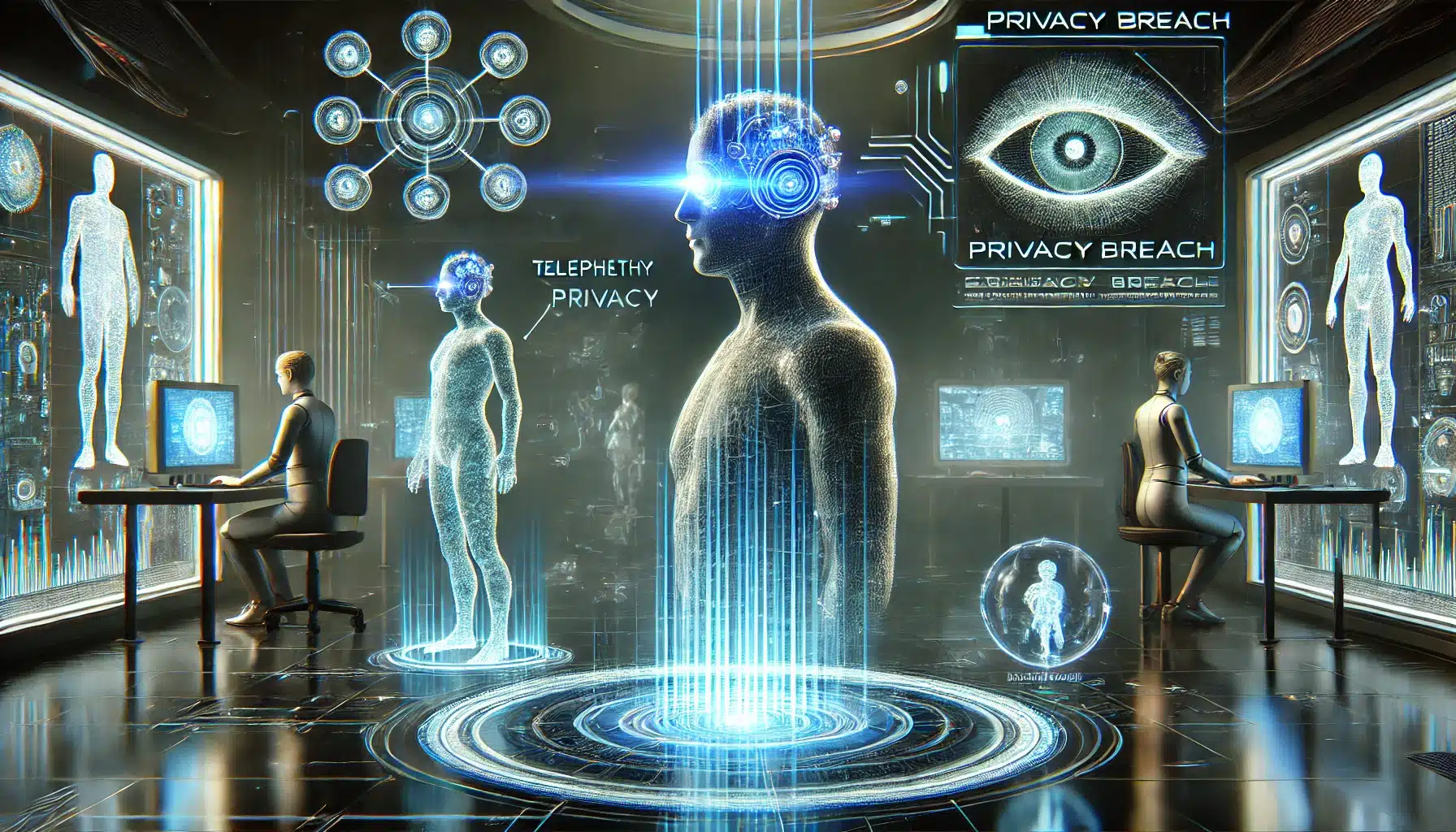 “Nothing is at last sacred but the integrity of your own mind,” said famed champion of individualism Ralph Waldo Emerson. Unfortunately, even the last refuge of privacy, our thoughts, is under attack. From the Electronic Communications Act of 1986 to the Patriot Act of 2001 to the recent legislation allowing domestic drones, we’ve watched our privacy inexorably shrink to the size of our paycheck after taxes.
“Nothing is at last sacred but the integrity of your own mind,” said famed champion of individualism Ralph Waldo Emerson. Unfortunately, even the last refuge of privacy, our thoughts, is under attack. From the Electronic Communications Act of 1986 to the Patriot Act of 2001 to the recent legislation allowing domestic drones, we’ve watched our privacy inexorably shrink to the size of our paycheck after taxes.
The new threat to privacy is the ubiquitous ebook reader. Over 40 million have been sold in America, and many Americans have installed ebook reader apps on their tablets and smart phones. Reading is traditionally a quiet, private act between the reader and book. However, the prevalent use of ebook readers allows publishers and the government to know what books we search for and buy, and how we read them. Based on the companies’ privacy policies, the Electronic Frontier Foundation recently revealed the tracking and monitoring practices of several popular ebook readers, including Google Books, Amazon Kindle, Barnes & Noble Nook, Kobo Touch, and the Sony eReader. The results are disconcerting.
Tracking Book Searches and Purchases
Google, Kobo, and Sony track the books you search for before buying. Amazon also does when you’re logged in with an Amazon account. It’s unclear whether Barnes & Noble does, although the Electronic Frontier Foundation concludes they probably do.
Google, Amazon, Barnes & Noble, and Kobo clearly keep track of what books you purchase from them, and Sony likely does as well, although its privacy policy is not clear on this. It’s also not clear what capability these companies have to track books purchased from sources other than their websites, except for Google, which requires you to buy from them if they want to track you. Google and Kobo allows readers to delete their search history, but the other three do not.
Monitoring Your Reading
The most invasive practice is monitoring how and what you are reading. Companies not only track what books you read, but also how fast you read and what text interests you. Google stores the previous five pages you’ve read for each book and may track any notes or annotations made. Amazon keeps a record of the last page read and may store your annotations and highlights. Barnes & Noble probably stores the last page read, but its privacy policy is unclear about other information. Kobo stores the last page you’ve read and possibly keeps track of annotations and highlighting. Sony’s privacy policy is silent on its monitoring practices.
Sharing Your Information Without Consent
These ebook reader companies can and do share your information with others. Under subpoena, most are required to share reader information with parties to litigation or the federal government. As reported on Off The Grid News earlier, the federal government has made over 12,000 requests for information from Google (for ebook users or other user information).
They also share your information within their other services (e.g., Sony sharing information about readers entertainment preferences with their TV manufacturing business). Barnes & Noble, Kobo, and Sony also share your reading information with the publishers of newspapers or magazines you buy through their services. The extent to which readers can opt-out varies, but is generally limited to promotional and marketing purposes.
How This Affects You
Other than the affront to basic notions of personal privacy, the monitoring of ebook readers can have a real impact on your way of life. For example, assume you live off the grid on a small homestead an hour away from major cities. You have an underground bug-out shelter. In case a situation arises where you need to use the shelter for a long period of time, you’ve decided to expand it by adding a small room to grow vegetables to supplement your stored goods. Logging on to Amazon.com, you search for books about growing vegetables indoors, select one, and download it to your Kindle.
Reading the ebook, you highlight some good technical information about lighting requirements, basic ventilation techniques, and humidity.
At the same time, your state’s anti-drug task force is ramping up its marijuana eradication program. They subpoena Amazon and other companies for any information about book searches on growing indoors, and demand the names, contact information, and text of any highlighted portions of these books. The task force gets your name and takes a second look—you fit the profile by living off the grid in a remote location far from the prying eyes of local law enforcement. They see your highlighted information and note you read the text on lighting and ventilation three times, very slowly. They decide to investigate further, tapping your phone, monitoring email messages, tracking credit card purchases, and maybe even sending a surveillance plane (or a drone) for a quick look.
Ignorant of all this, you buy the lighting, fans, and humidity controllers. Coupled with your profile and recent activity, the task force decides they have probable cause to pay you a visit. And it won’t be a polite one.
Bottom Line
If you read ebooks, use the same precautions taken with online usage. Remember that the books searched for, the books read, and the text highlighted are all tracked and possibly reported, so act accordingly.










